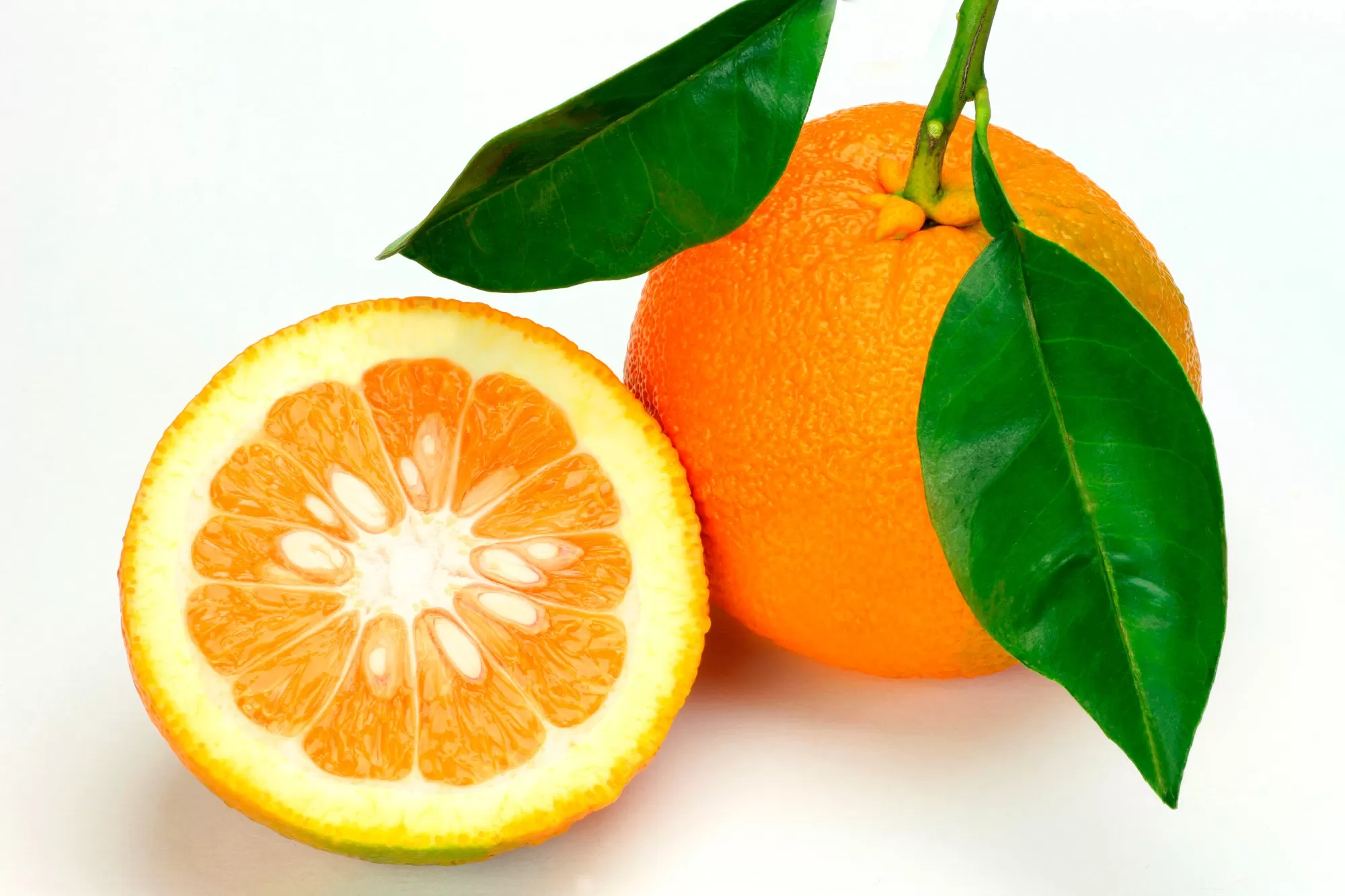- 0086-571-85302990
- sales@greenskybio.com
Diosmin, Hesperidin, and Daflon: Their Uses and Benefits
2025-04-13

In the complex world of pharmaceuticals and dietary supplements, flavonoids play an important role due to their vast therapeutic potential. Among these flavonoids, Diosmin and Hesperidin are particularly noteworthy, commonly recognized for their beneficial effects on vascular health. Daflon, a formulation incorporating these flavonoids, is widely used in the treatment of venous disorders such as chronic venous insufficiency, hemorrhoids, and lymphedema. This article aims to delve into the nature of Diosmin, Hesperidin, and Daflon, exploring their uses, benefits, and scientific validity.
Introduction to Diosmin and Hesperidin
Diosmin and hesperidin are naturally occurring flavonoids found primarily in citrus fruits. They belong to the large family of polyphenolic compounds known for their antioxidant, anti-inflammatory, and vasoprotective properties. These flavonoids have long been used in traditional medicine systems, but modern scientific research has increasingly highlighted their importance in promoting vascular health.
Diosmin is a bioflavonoid most commonly sourced from sweet orange (Citrus sinensis). Research has demonstrated its efficacy in reducing inflammation and improving blood circulation, making it a valuable compound in treating hemorrhoidal and venous disorders.
Hesperidin, another citrus-derived bioflavonoid, complements diosmin with its ability to enhance venous tone and capillary resistance. It also exhibits antioxidant properties, contributing to overall vascular health by protecting cells from oxidative stress.
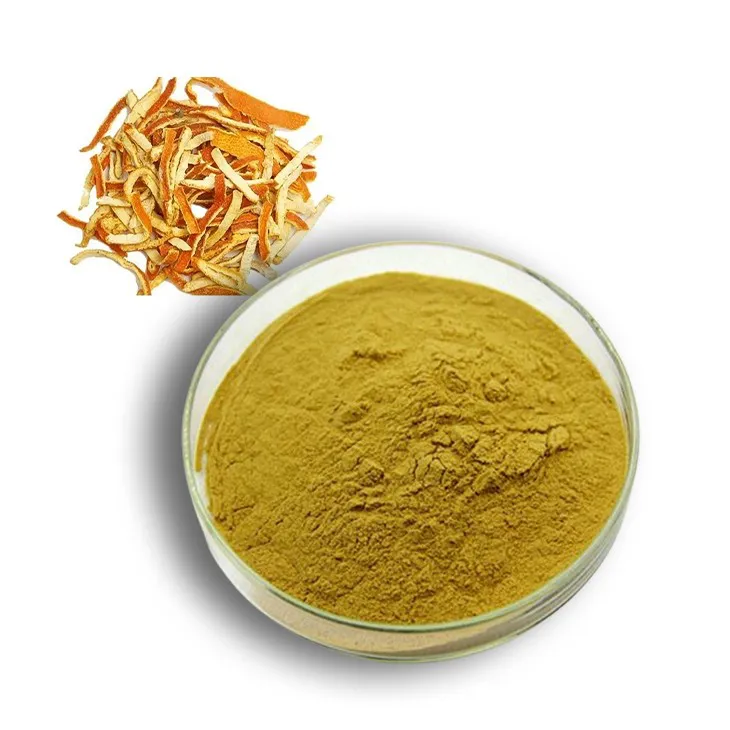
The Synergistic Power of Daflon
Daflon is a well-recognized pharmaceutical formulation that combines diosmin and hesperidin to create a powerful remedy for various venous conditions. Produced by Les Laboratoires Servier, it is widely prescribed for its venotropic properties, particularly in Europe and several other countries where venous disorders represent a significant healthcare challenge.
In Daflon, diosmin is micronized, a process that increases its absorption and bioavailability, allowing for enhanced therapeutic efficacy. The formulation includes a 9:1 ratio of diosmin to hesperidin, optimizing its venous protective effects.
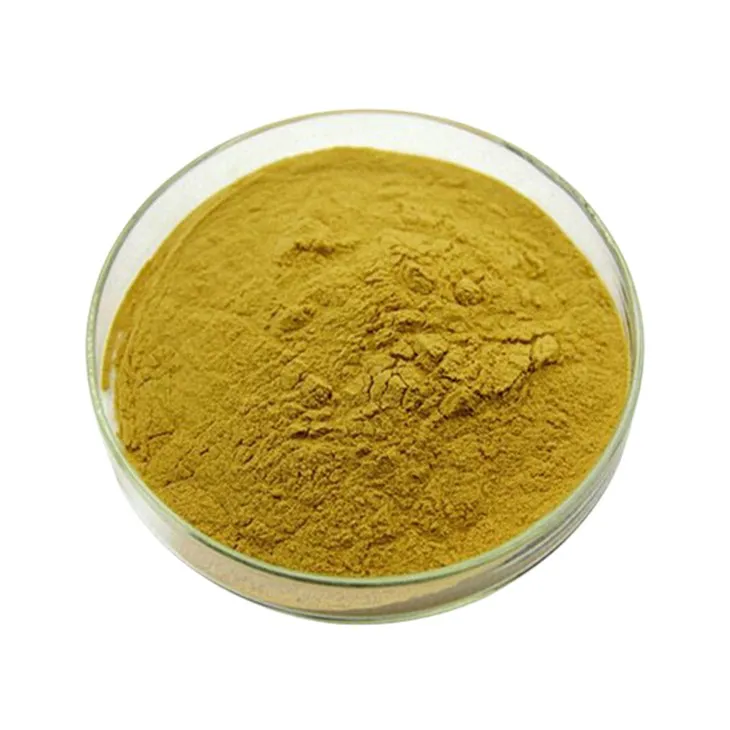
Uses of Daflon
Chronic Venous Insufficiency (CVI): Daflon is primarily used to treat symptoms of CVI, a condition characterized by impaired blood flow in the veins, especially in the legs. Symptoms include pain, swelling, heaviness, and varicose veins. By improving venous tone and reducing inflammation, Daflon helps alleviate these symptoms, improving quality of life for those affected.
Hemorrhoids: This formulation is also effective in managing both acute and chronic hemorrhoids. Hemorrhoids result from swollen blood vessels in the rectum and anus, and Daflon's ability to enhance venous tone and capillary resistance can significantly aid in reducing the severity and recurrence of hemorrhoidal crises.
Lymphedema: For individuals experiencing swelling due to lymphatic fluid build-up, Daflon offers supportive treatment by improving lymphatic flow and reducing tissue inflammation, thereby easing discomfort and swelling.
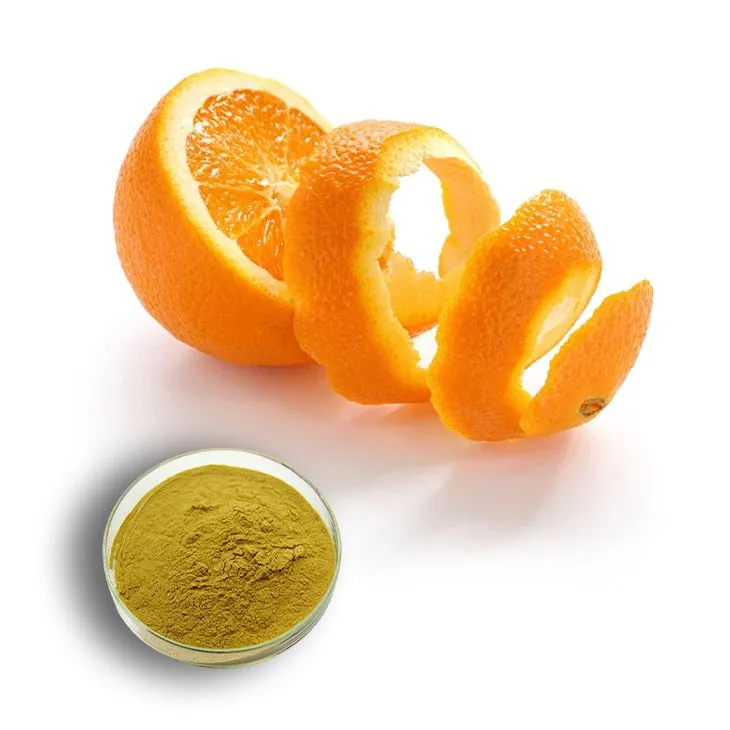
The Science Behind Daflon
The efficacy of Daflon is supported by numerous scientific studies demonstrating its beneficial effects on vascular health. Clinical trials have shown that patients receiving Daflon experience significant improvements in symptoms associated with CVI and hemorrhoids.
A pivotal study published in "Angiology" revealed that Daflon significantly reduced the frequency and intensity of leg pain and swelling among CVI patients. Similar findings have been reported in the treatment of hemorrhoids, with Daflon reducing the duration of hemorrhoidal attacks and lowering the rate of relapse.
Moreover, Daflon's antioxidant properties, linked largely to hesperidin, contribute to its effectiveness by protecting vascular tissue from oxidative damage, thus maintaining healthy veins and circulation.
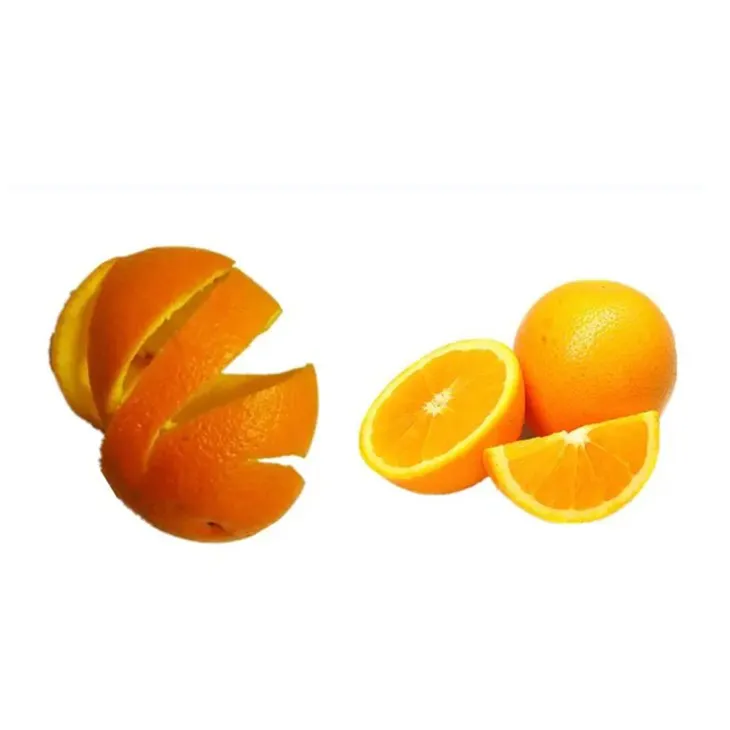
Safety Considerations and Side Effects
Daflon is considered safe for most patients when used as prescribed. Nonetheless, users might experience mild side effects such as gastrointestinal discomfort, headache, or allergic reactions. These are generally transient and often do not necessitate discontinuation of the formulation.
It is essential for patients to adhere to the guidance of their healthcare provider when using Daflon, ensuring its integration into their treatment regimen is both safe and effective. Individuals with citrus allergies should be cautious due to the nature of the bioflavonoids.
Conclusion
Diosmin and hesperidin stand out for their significant roles in vascular support, particularly when combined in the formulation of Daflon. Their synergistic properties offer effective solutions for managing chronic venous insufficiency, hemorrhoids, and lymphedema, providing enhanced quality of life for many individuals struggling with these conditions.
The scientific evidence supporting Daflon's efficacy cannot be understated, showcasing its importance in modern medical practice as a reliable option for venous health management. Patients seeking non-invasive alternatives to conventional treatments may find Daflon an advantageous choice, backed by research and clinical success.
As flavonoid research continues to evolve, Diosmin and Hesperidin's roles in vascular medicine will likely expand, leading to innovative approaches to managing and treating venous disorders. Through ongoing exploration and validation, the potential of these flavonoids within healthcare remains robust, promising further benefits to vascular health in the future.
- ▶ Hesperidin
- ▶ citrus bioflavonoids
- ▶ plant extract
- ▶ lycopene
- ▶ Diosmin
- ▶ Grape seed extract
- ▶ Sea buckthorn Juice Powder
- ▶ Beetroot powder
- ▶ Hops Extract
- ▶ Artichoke Extract
- ▶ Reishi mushroom extract
- ▶ Astaxanthin
- ▶ Green Tea Extract
- ▶ Curcumin Extract
- ▶ Horse Chestnut Extract
- ▶ Other Problems
- ▶ Boswellia Serrata Extract
- ▶ Resveratrol Extract
- ▶ Marigold Extract
- ▶ Grape Leaf Extract
- ▶ blog3
- ▶ blog4
- ▶ blog5
-
what is hesperidin supplement
2025-04-13
-
what is glucosyl hesperidin
2025-04-13
-
Hesperidin: Uses and Benefits
2025-04-13
-
what does hesperidin do
2025-04-13
-
what is hesperidin complex
2025-04-13
-
What is Diosmin Hesperidin?
2025-04-13
-
What Is Hesperidin Good For?
2025-04-13
-
Pueraria Lobata Extract
2025-04-13
-
Quercetin
2025-04-13
-
Black Rice Extract
2025-04-13
-
Saponin Extract
2025-04-13
-
Avocado Extract Powder
2025-04-13
-
Pomegranate Extract
2025-04-13
-
Senna Leaf Extract
2025-04-13
-
Golden Seal Extract
2025-04-13
-
Nettle leaf extract
2025-04-13
-
Ivy Extract
2025-04-13











